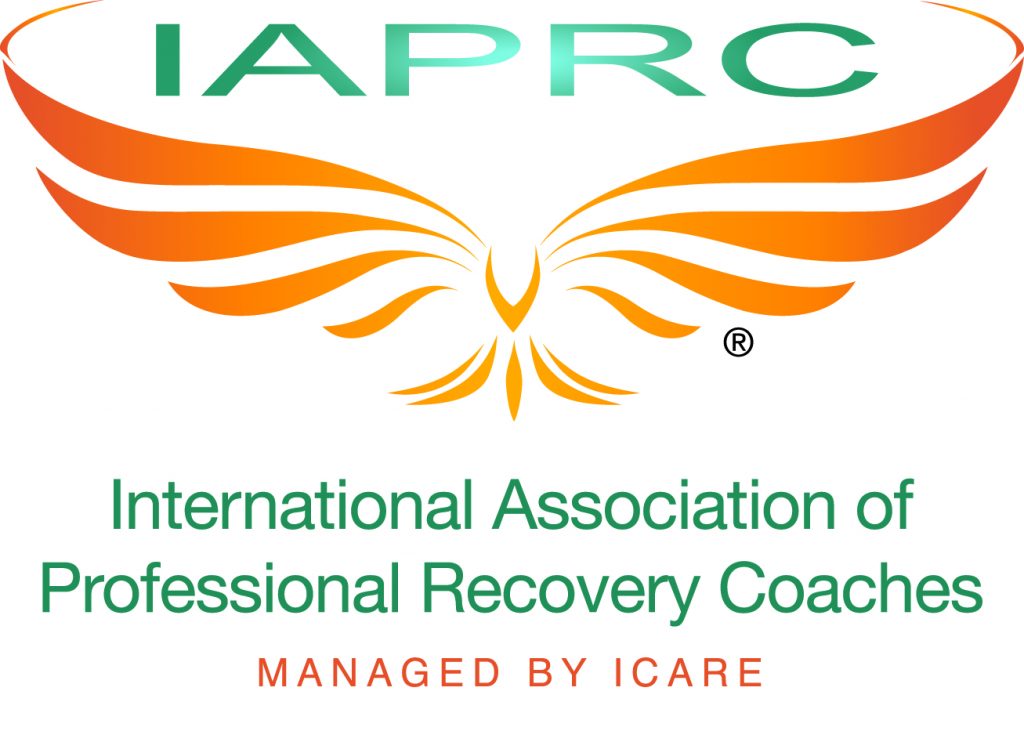Supporting women in recovery is a complex and important topic that requires a deep understanding of the unique challenges and nuances that women face on their journey to sobriety. Women who are recovering from substance abuse or addiction often have specific needs and experiences that differ from those of men. In this blog, we will explore the complexities of supporting women in recovery and the ways in which we can provide effective and compassionate care for women seeking to overcome addiction.
Women in Recovery and Trauma
One of the key nuances of supporting women in recovery is the role that trauma plays in their addiction and recovery process. Many women who struggle with substance abuse have experienced trauma in their lives, such as physical or sexual abuse, domestic violence, or other forms of trauma. These experiences can contribute to the development of addiction as a coping mechanism. They begin using substances to numb the pain and trauma they have experienced. Therefore, it is essential for those supporting women in recovery to have a trauma-informed approach and to address the underlying trauma that may be fueling their addiction.

Will Society Support Women in Recovery?
Another important nuance to consider when supporting women in recovery is the societal and cultural factors that may impact their journey to sobriety. Women often face unique societal pressures and expectations that can influence their relationship with substances and their ability to seek help. For example, women may be stigmatized or judged for their addiction in ways that men are not, leading to feelings of shame and isolation.
Additionally, cultural norms and expectations around gender roles and behaviors can shape a woman’s relationship with substances and influence her willingness to seek treatment. In order to effectively support women in recovery, it is crucial to create a safe and supportive environment that is sensitive to the unique needs and experiences of women. This may involve providing gender-specific programming that addresses the specific challenges that women face in recovery, such as childcare responsibilities, financial constraints, or issues related to body image and self-esteem.

Supporting the WHOLE Woman in Recovery
It is also important to create a sense of community and connection for women in recovery, as social support and peer relationships can be powerful tools in the recovery process. We have a great partner, SheRecovers that does that with passion and perfection! Supporting women in recovery also requires a holistic approach that addresses the physical, emotional, and mental health needs of women. This may involve providing access to healthcare services, mental health counseling, and support groups that address the underlying issues contributing to addiction. It is important to treat women in recovery with compassion and empathy, recognizing that addiction is a complex and multifaceted issue that requires a personalized approach to treatment.
The Government’s Role
In addition to providing individualized care and support, it is essential to advocate for policies and programs that support women in recovery at a systemic level. This may involve advocating for increased funding for women-specific treatment programs, promoting gender equity in healthcare services, and challenging societal norms and attitudes that contribute to stigma and discrimination against women with addiction. Overall, supporting women in recovery requires a nuanced and compassionate approach that recognizes the unique challenges and experiences that women face in their journey to sobriety. By addressing the underlying trauma, societal pressures, and cultural factors that impact women in recovery, we can create a more inclusive and supportive environment that empowers women to overcome addiction and live healthy, fulfilling lives.
We at IAPRC are committed to all of these challenges and more. We are a leader in training Professional Recovery Coaches. Not only that, but the conversation about addiction in the workplace begins with us.
Follow us on FaceBook at Recovery Coach Training!
Join us on LinkedIn under our ICARE Umbrella!
